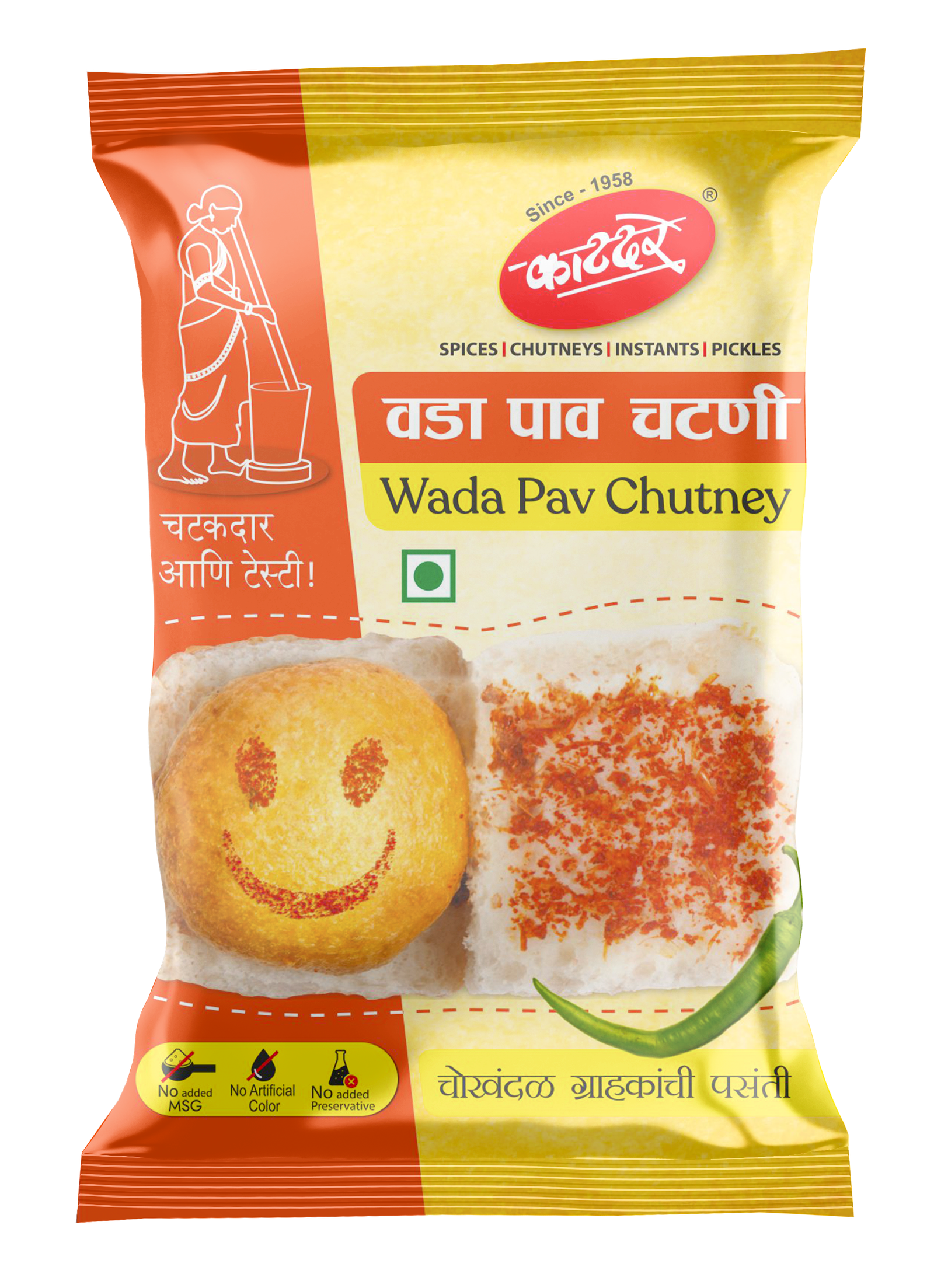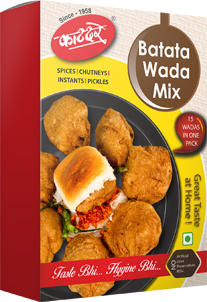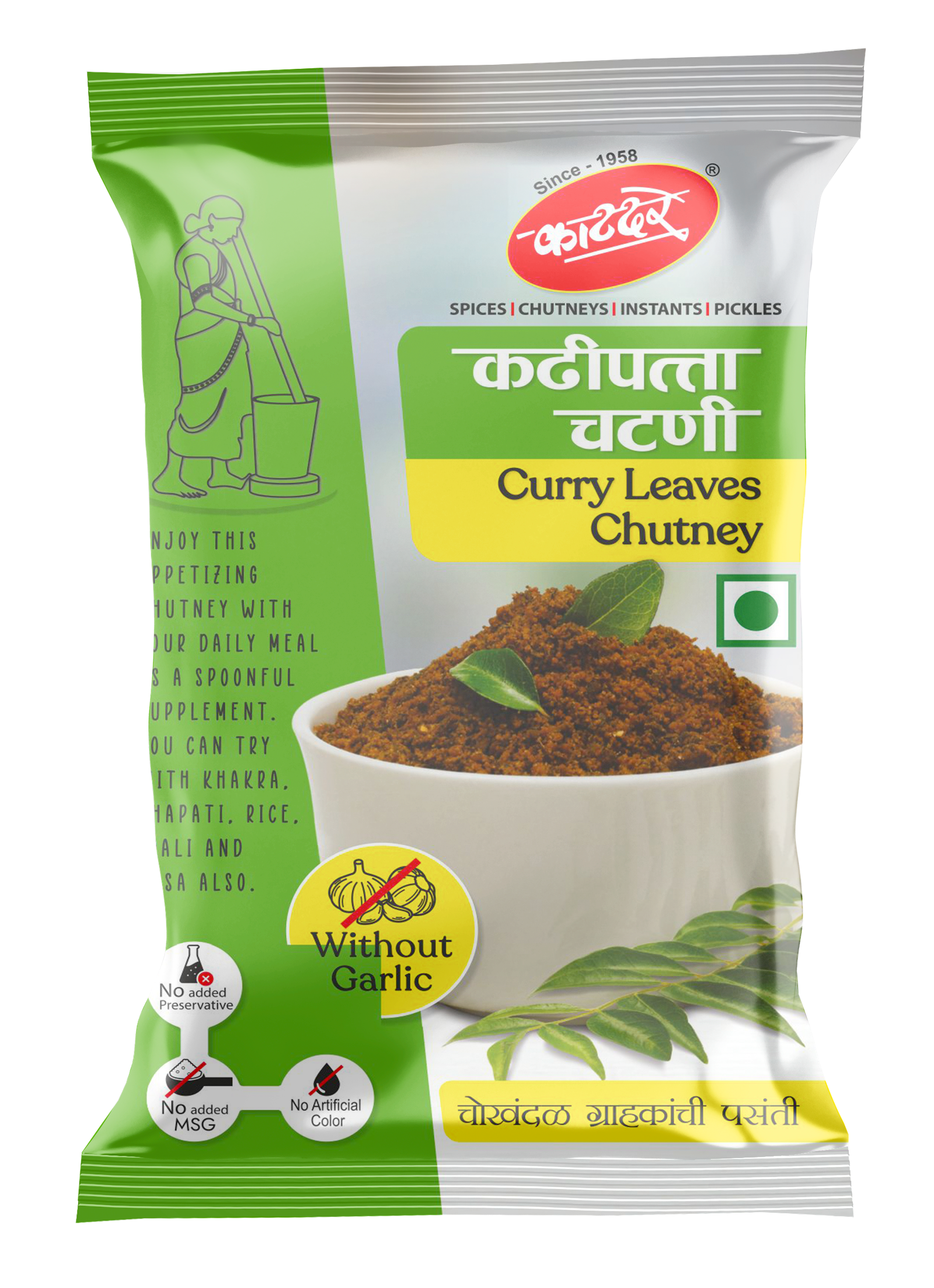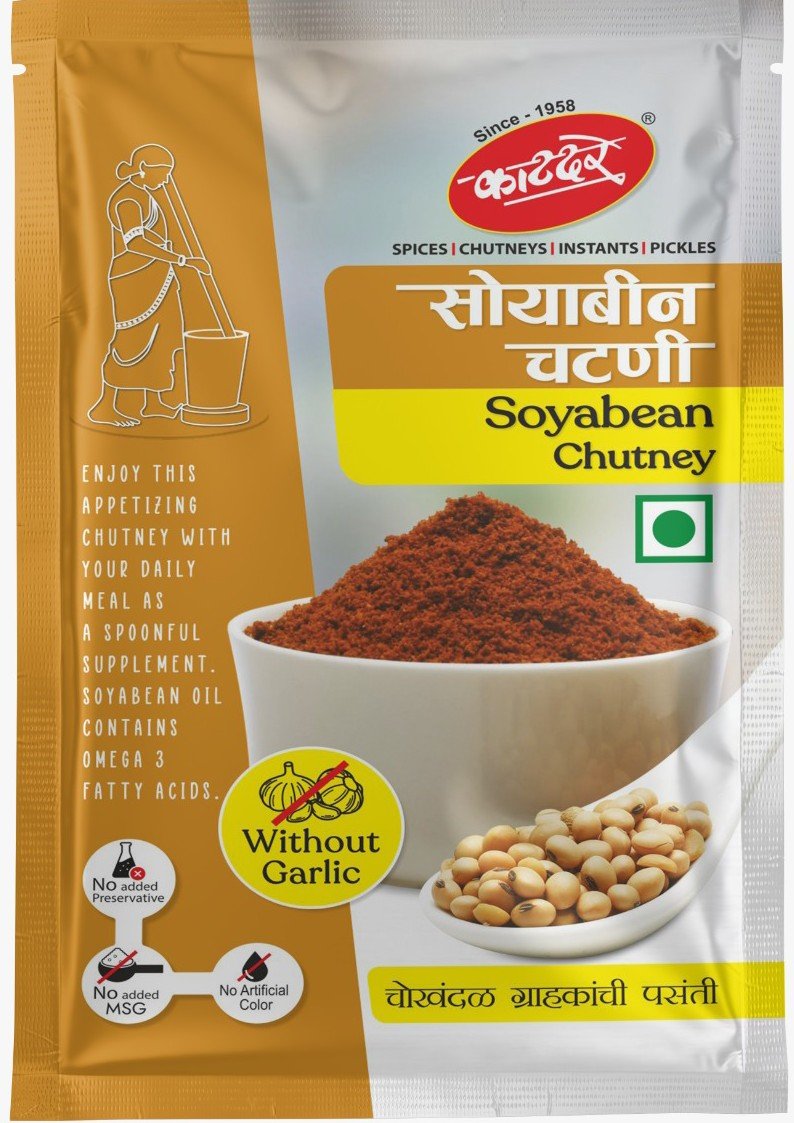.jpeg)
Thalipeeth bhajani, methkut, javas chutney
Food is an integral part of Maharashtra’s cultural heritage. Maharashtrian food prepared in the royal kitchens of our kings was an extraordinary treat. The meal included a variety of vegetarian and non-vegetarian dishes balanced with different tastes and flavours.
From the coastal delicacies of the Kokan where fish curry and rice is a staple to the specialities of Deccan plateau and the fiery fare from the heat of Vidharbha in the east, Maharashtrian food is truly diverse and unique with wheat, rice, jowar, bajra, lentils and seasonal fruits and vegetables as staples. The highlight of the cuisine is the use of peanuts and coconut in a variety of dishes. Maharashtrian meals are based on Ayurvedic principles. It is believed that your daily meal should be well-balanced which is why a traditional Maharashtrian thali will have Rice, Whole Wheat Chapati or multi-grain Bhakri, Dry Vegetables, Curry, Lentils, Salad, Pickle, Chutney and a Sweet as well as a Dairy item like Curd or Buttermilk. All the flavours like spicy, savoury, sour, bitter and sweet are packed into one plate.
Marathi cuisine is based on Ayurvedic and scientific principles. For example, during the Sankranti festival, we put Til (Sesame) in our food because it builds our immunity and helps fight seasonal changes. Similarly, Kokum Sharbat is a summer treat as it not just cools your body but also helps in proper digestion.
A few other healthy, as well as flavourful dishes, include taste-enhancing chutneys like Jawas and Karala or Methkut or various types of flours for Thalipeeth. The main characteristic of these foods is their nutritional value.
Despite having such a wonderful variety to savour and health benefits to gain, regional Maharashtrian food still remains unexplored.





